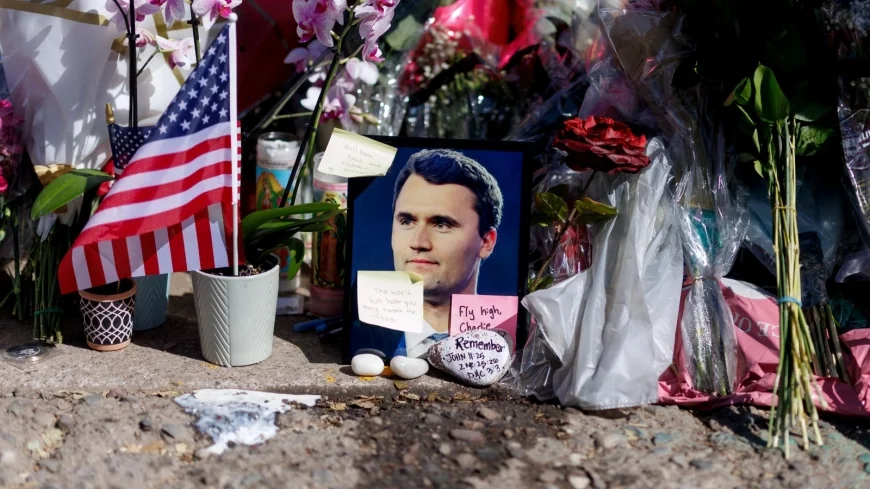‘Balancing act’: Expert weighs in on social media, free speech and employment rights in wake of Kirk murder

RICHMOND, Va. (WRIC) -- A Richmond employment law professor is weighing in on the national debate over free speech and what it means for workers in the wake of the murder of Charlie Kirk.
This comes after Kirk, a conservative political commentator with divisive views, was shot and killed on Sept. 10. His murder prompted professionals nationwide to post their opinions on social media. Some faced backlash both in and out of the workplace.
"If someone feels strongly about something, the Constitution says you have a right to speak about it," said Steven Allred, a Professor Emeritus of Law at the University of Richmond, who studies employment law.
But Allred cautioned that public employees -- like police officers, city officials and public school teachers -- work for the government, and that they face restrictions.
"There’s a First Amendment free speech right for public employees, but it’s a balancing act ... it’s not an absolute right," he said.
Allred explained that public employees can still be disciplined or even fired for online posts.
On Sunday, Sept. 14, Chesterfield County Public Schools announced the resignation of school board member Dorothy Heffron. State and county officials had pushed her to step down following an Instagram post about Kirk's murder.
Allred said that, legally, public employees who were fired can take their case to court and argue using their First Amendment right.
"Most people don’t go to court," he said.
Experts warn of mental health toll from viewing violent media
However, Allred said that the majority of workers in the U.S. are employed by private companies, which do not provide the same First Amendment protections.
"A private employer, typically, can decide: ‘I don’t like what you said on Facebook,' 'I don’t like what you did in this demonstration,' 'I don’t like the disruption you’re creating’ -- and can decide to dismiss the employee," he said.
He said the difference is that private employees who may be terminated for online posts cannot take the case to courts, as they do not enjoy the same First Amendment protections that public employees do.
"Private employers may be more willing to be quick to dismiss employees because the risks are lower than public employers might be," Allred said.

 VENN
VENN 





